GUARD AND RESERVE FAQS
After polling those that follow my Instagram and Facebook, I compiled a list of questions about everything Guard/Reserve you want to know. For the most detailed answers, check out the interview below.
1:50 – Lucas Martin’s Intro/Background
7:48 – Mission Set Overview
24:02 – Getting a PJ specific slot in the Guard/Reserve
27:18 – Family aspect during/after training
31:46 – Benefits of Guard/Reserve
35:33 – Deployments
39:00 – Maintaining Currencies
44:25 – Guard vs. Reserve
46:39 – Tier 1 info
52:10 – Bonus $$ info
55:15 – Guard Benefits (flexibility)
1:08:00 – Overarching Specwar Concept
1:10:00 – Specwar Team Structure
1:24:50 – Recap
What is the difference between guard and reserve?
There are several details that are unique to both Guard and Reserve components and those details can be read here. In the most simplified terms, a major difference between the 2 is funding, or who technically “owns” the component. For the purposes of a PJ, the missions are essentially the same between the 2 components.
What is the Process of joining a guard or reserve unit?
There are 2 routes most people take to join a unit. The first way, you would need to contact a Guard Recruiter or Reserve Recruiter to find out if you are eligible. Then the recruiter will put you in touch with a unit. At this point the unit will conduct their own hiring process, tryouts, which typically includes a mini “selection.” At this mini selection course, units will typically expect you to be able to complete the AFSOC PT test rather than the PAST, and add in more workouts/activities to judge your physical, mental, and teamwork abilities. You will also be interviewed to see if you’re a right fit for the team. The reason it is important for you to be the right fit for the team is that there are people who stay at the unit for decades and if you cant work in a team environment, you will only hinder the mission.
Where can you live after you join a Guard/Reserve unit?
This is Unit preference. Some units require you to live within a certain distance, example 400mile radius due to SAR missions.
Benefits of Reserve/Guard
Flexibility with your primary job or going back to school. Once you’re done with training (5 skill level) and on part time status, you have a lot of flexibility in your life compared to active duty. Once you have completed your 3 years of training, you will qualify for 100% GI Bill. Many people have utilized this opportunity to pursue medical degrees or whatever other passion they have while still maintaining status a PJ/CRO.
What is it like working for the Reserve/Guard
You work 1 weekend a month (drill weekend), and 2 weeks per year as a bare minimum. But most people will work more because there are so many tasks you are required to be proficient in. Additionally, most people that join the reserves/guard just genuinely enjoy being around like minded individuals in order to accomplish a common goal which in this case is saving lives. There is also a small bonus for retention, but nowhere near what Active Duty guys make.
What are Deployment rotations like compared to AD?
Less deployments than Active Duty, but you will still deploy. If you want to deploy more, there are volunteer opportunities to backfill Active Duty slots, or other opportunities joining ODAs. Deploying with the Guard/Reserve units are unique because these units allow more flexibility with their members when they are building teams set to deploy and are more likely to allow people to defer deployment if necessary in order for the member to take care of whatever they need to.
Unit information
For more information about Wing/Group hierarchy, check out Pararescue.com
rqs units
103rd RQS – Francis S. Gabreski Airport, Long Island, New York (GUARD)
131st RQS – Moffett Federal Airfield, Santa Clara, California (GUARD)
212th RQS – Joint Base Elmendorf-Richardson, Anchorage, Alaska (GUARD)
304th RQS – Portland International Airport, Portland, Oregon (RESERVE)
306th RQS – Davis-Monthan Air Force Base, Tucson, Arizona (RESERVE)
308th RQS – Patrick Air Force Base, Cocoa Beach, Florida (RESERVE)
STS Units
123rd STS – Louisville International Airport, Louisville, Kentucky (GUARD)
125th STS – Portland International Airport, Portland, Oregon (GUARD)
reserve/guard unit pocS (will update as I receive more info)
Be able to crush the AFSOC PT test before you contact the POC, and make sure you do as much due diligence prior to contacting. Your reputation starts as soon as you get in contact.
125th STS 125thsts@gmail.com
304th RQS carl.h.jenson4.mil@mail.mil








